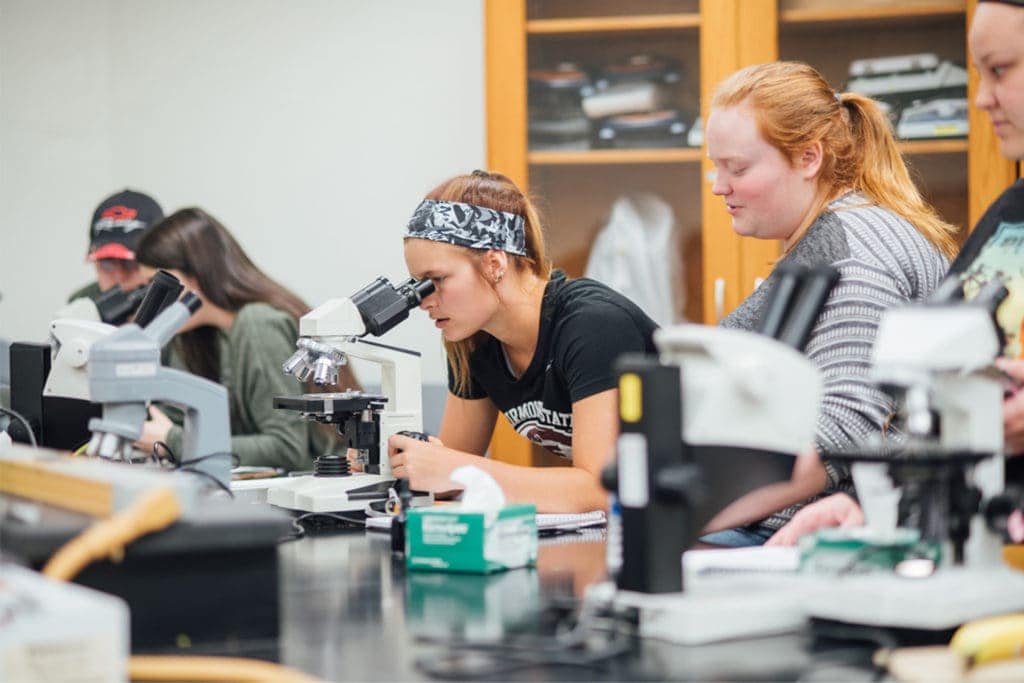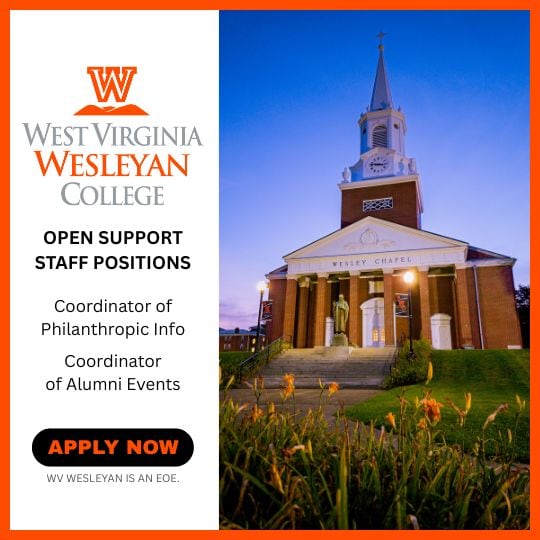Fairmont State University has been awarded grant funding from West Virginia Science and Research, a division of the West Virginia Higher Education Policy Commission. The $20,000 award will support the purchase of a new functional magnetic resonance (NMR) spectrometer.
The new equipment will be added to Fairmont State’s Forensic and Analytical Chemistry Technology (FACT) Center. The FACT Center’s purpose is to house state-of-the-art tools to encourage laboratory skills and research. By offering students hands-on experience and engagement in real-world projects, chemistry and forensic science faculty hope to foster student learning and growth while providing a means for recruiting top STEM-interested students to Fairmont State University.
The new NMR spectrometer will replace a non-functioning, 17-year-old FT-NMR spectrometer. This newest acquisition will join a recently purchased AA spectrophotometer, and a gas chromatograph-mass spectrometer (GC-MS) instrument, funded by a previous West Virginia Science and Research grant, and a youth summer camp program, funded by the George W. Bowers Family Charitable Trust, in further developing the FACT Center. These instruments give students and faculty updated tools to use in analyzing synthesized organic, inorganic and organometallic compounds. In addition, the newest instrument can be used to study reaction kinetics, solution equilibria and magnetic susceptibility of inorganic complexes. The purchase of the NMR spectrometer will benefit 100 – 150 students annually through inclusion in course curriculum, undergraduate research, and project/research-based laboratory sections.
The proposal was developed by a team of Fairmont State faculty, including Andreas Baur, Mark Flood, Erica Harvey, and Matt Scanlon. According to Scanlon, the grant’s principal investigator, “we believe that the development of our instrumentation capabilities and the research and project-based laboratory model for students will strengthen their subsequent pathways into internships, summer research programs, graduate programs and STEM careers while also allowing us to recruit highly motivated, energetic STEM faculty and will help to sustain the programs long term.”
This project is part of the science department’s long-term goals of engaging and recruiting students into science-related programs and leading them to internships, research, graduate programs, and science, technology, engineering and mathematics (STEM) careers.













